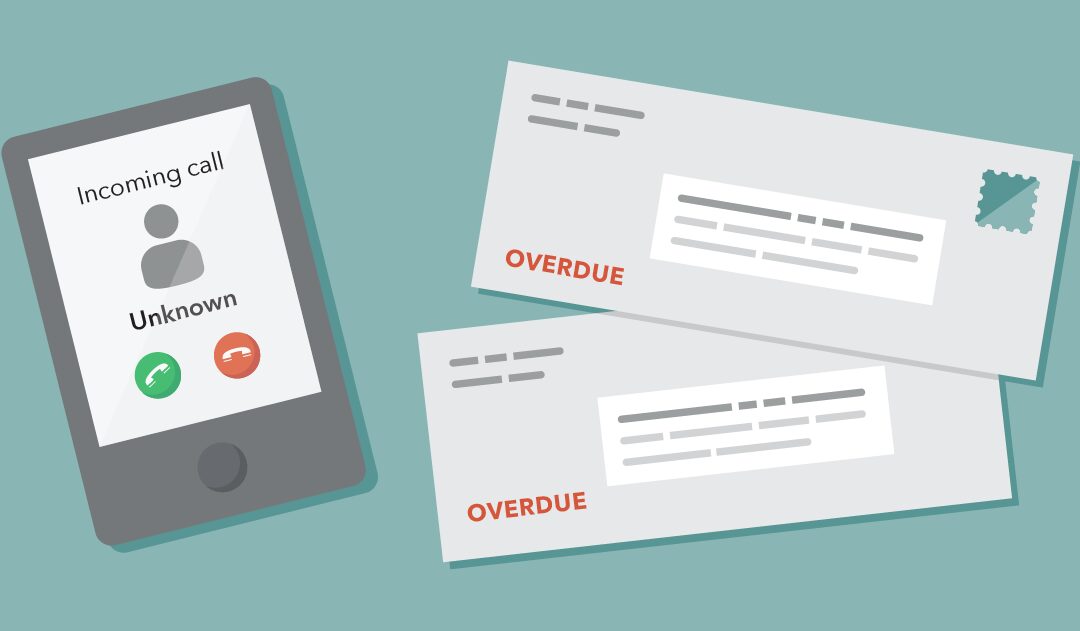We at Khairallah Advocates & Legal Consultants advise all Companies to adopt a more pro-active strategy to deal with the scourge of late and non-paying clients.
The continuing problems put Company at risk of insolvency due to nonpaying clients.
Most common excuses for late payments: challenging goods and/ or services, the signatory is not available, non-payments from an actual client, financial crunch etc.
There is no doubt that all businesses need to become more pragmatic when it comes to the problem of late or non-paying clients.
A right must be settled whenever its legal maturity conditions are satisfied. If the debtor is in default, the right shall be compulsory enforced, either in kind or through payment of an indemnity, in conformity with the law provisions.
The implementation shall be willful if it is done by settlement or its equivalent. It shall be forced if settled in kind or through compensation.
Where the commercial obligation is a sum of money which was known when the obligation arose and the debtor delays payment thereof, he shall be bound to pay to the creditors as compensation for the delay.
With recent legal developments, it is now possible to prepare a legally acceptable document containing proven and specified liabilities, and dated method of payment. If the debtor fails to honor its payment obligation, we can directly execute the matter through courts to recover the amount by seeking attachment orders.
Read More About: Divorce in the UAE – Khairallah Family Law Firm

Debt Recovery Issues
New debt collection laws in UAE
The United Arab Emirates (UAE) has federal laws that regulate debt collection practices. These laws aim to ensure fair and ethical practices by debt collectors in UAE, as well as to protect the rights of both debtors and creditors.
Under UAE law, debt collectors must be licensed by the Central Bank of the UAE and must follow specific rules and guidelines when collecting debts. They are not allowed to use abusive or threatening language or engage in any conduct considered harassment. They must also provide debtors with clear and accurate information about the debt collection process.
In addition, the UAE has established a Debt Settlement Fund, which aims to help individuals and businesses in financial difficulty by providing them with financial assistance and advice. The fund also works to negotiate debt settlement agreements between debtors and creditors.
Learn More About: Lifting the Work Ban and Transfer of Ownership in the UAE
How to solve collection problems in UAE?
To solve collection problems in Dubai, here are some brief steps that can be taken:
- Review your current collection procedures and make sure they comply with the laws and regulations in Dubai.
- Establish clear payment terms with your customers, including due dates and consequences for late payments.
- Use an automated invoicing system that can generate invoices and send reminders automatically.
- Communicate with your customers regularly to ensure that they are aware of their outstanding balances.
- Consider offering payment plans to customers who are struggling to pay their debts.
- If necessary, seek legal assistance to recover debts that are owed to your business.
It’s important to take prompt and effective action to resolve the debt recovery issues in Dubai. By following these steps, you can improve your chances of recovering outstanding debts and maintaining a healthy cash flow for your business.
What is Debt Collection Dispute in UAE?
A debt collection dispute in UAE (collection challenges) is a conflict between a creditor or debt collector and a debtor over the validity or amount of a debt. Disputes can arise when debtors contest the legitimacy of the debt or when they feel that they are being subjected to unfair or illegal debt collection practices.
In some cases, the dispute may also involve issues related to interest rates or the terms of the debt. Debtors have the right to challenge the creditor’s claims and seek a resolution to the dispute, either through mediation, arbitration, or the courts. Seeking legal advice can be helpful in understanding the debtor’s rights and options for resolving the dispute.
conclusion
Overall, the UAE debt collection laws aim to balance the interests of debtors and creditors while promoting fair and ethical debt collection practices. our best debt collection agency in Dubai specializes in debt collection, default payment issues, and debt recovery cases and can provide complete legal assistance through our best debt collection lawyers in Dubai
Contact us to know more.
Extend Your Knowledge Base About: Medical Malpractice In accordance with the provisions of Federal Decree Law No. (4) of 2016,



